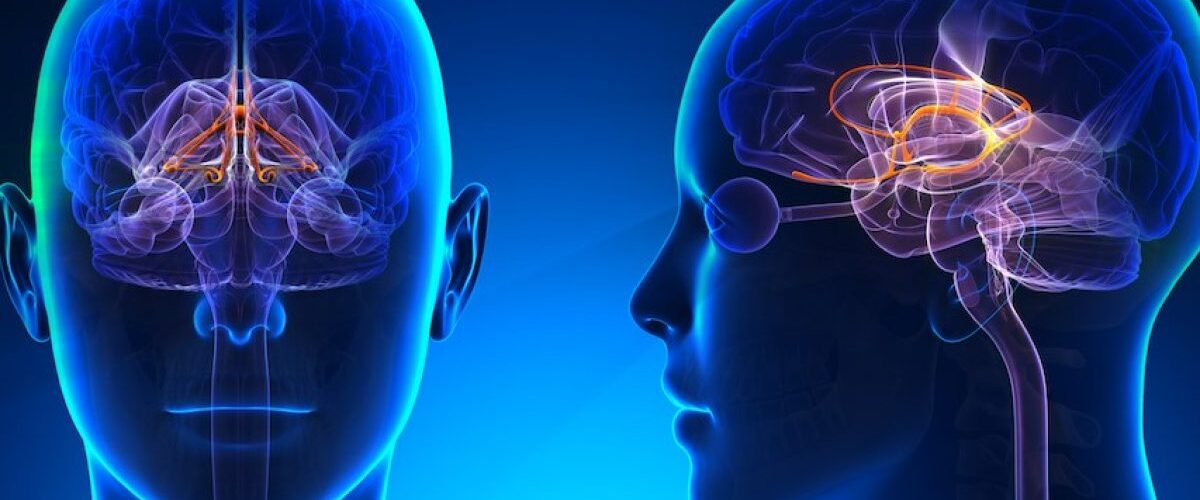Huntington’s disease is an inherited disease that causes the wearing down of some nerve cells in the brain.
Huntington’s disease is caused by an inherited difference in a single gene, which means that a person needs only one copy of the outlier gene to develop the disorder. People are born with the defective gene but symptoms do not appear until after age 30 or 40. If the condition occurs before the age of 20, it is called juvenile Huntington’s disease. In these cases the symptoms are somewhat different and the disease may progress more quickly.
SYMPTOMS:
The symptoms of Huntington’s disease can occur at any time causing movement, thinking (cognitive) and psychiatric disorders. The symptoms that occur at first vary greatly from person to person. Causing a greater impact on the person’s ability to work, do daily activities, communicate and be independent. If you observe changes in your movements, emotional state or mental capacity. The signs and symptoms of Huntington’s disease can be caused by a number of different conditions. Therefore, it is important to get a complete and prompt diagnosis.
Some symptoms:
- Involuntary jerking or writhing movements (chorea)
- Muscle problems, such as muscle stiffness or contractures (dystonia)
- Slow or unusual eye movements.
- Change in gait, posture and balance.
- Difficulty speaking or swallowing.
COGNITIVE DISORDERS:
Some symptoms:
- Difficulty organizing, setting priorities, or focusing on tasks
- Lack of flexibility or tendency to get stuck on a thought.
- Lack of impulse control, which can result in outbursts, acting without thinking, and sexual promiscuity.
- Lack of awareness about their own behaviors and aptitudes.
- Slow to process thoughts or find the right words.
- Difficulty learning new information.
PSYCHIATRIC DISORDERS
Some symptoms:
- Feeling irritable, sad or listless.
- Social isolation.
- Insomnia.
- Fatigue and loss of energy.
- Frequent thoughts about death, dying, or suicide.
- Obsessive Compulsive Disorder, a condition characterized by recurrent and intrusive thoughts and repetitive behaviors.
- Mania, which can cause elevated mood, hyperactivity, impulsive behaviors, and excessive self-esteem.
- Bipolar disorder, a condition with alternating episodes of depression and mania.
Medications are available to help control the symptoms of the disease, however, treatments cannot prevent the physical, mental, and behavioral decline associated with the condition.
https://rarediseases.info.nih.gov/espanol/11993/enfermedad-de-huntington/







